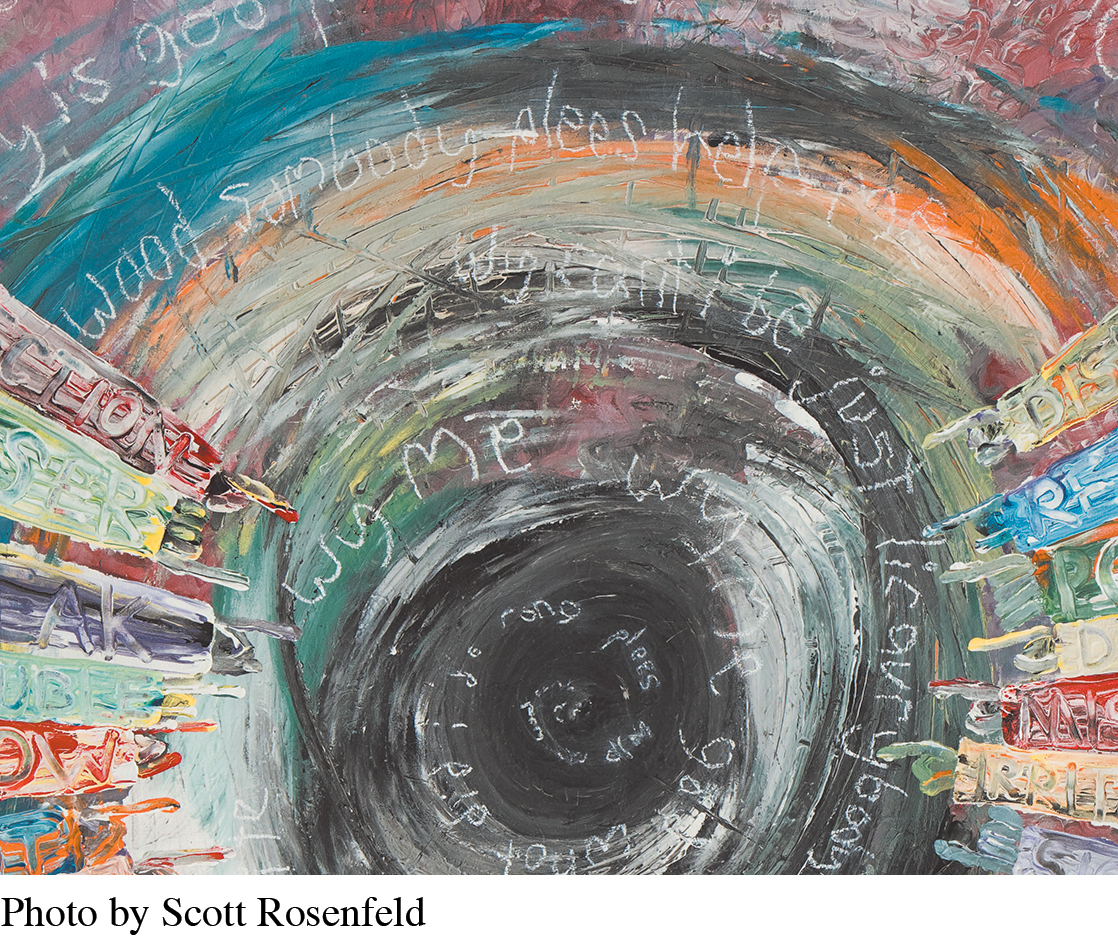Improving Your Self
One of the greatest gifts we possess is our capacity for self-awareness. Through self-awareness, we can ponder the kind of person we are, what we’re worth, where we come from, and how we can improve. We can craft face and strive to maintain it. We can openly disclose some aspects of our selves and protect other aspects. And all the while, we can stand apart from our selves, critically reflecting on our interpersonal communication and relationship decisions: was I right or was I wrong?
64
66
At the same time, we’re often hampered by the beliefs, attitudes, and values we hold about our selves. Our self-concepts can trap us in destructive self-fulfilling prophecies. Whether imposed by gender, culture, or family, the standards we embrace suggesting who we should be are often unattainable. When we inevitably fall short of these standards, we condemn our selves, destroying our own self-esteem.
But our selves are not static. We constantly evolve, so we always have the opportunity to improve our selves and enhance our interpersonal communication and relationships. Through dedicated and focused effort, we can learn to avoid destructive self-fulfilling prophecies and resolve discrepancies between our self-concepts and standards that damage our self-esteem. We can also maintain face and disclose our selves competently to others. The starting point for improving our selves is the same as it ever was, summed up in the advice mythically offered to Chilon by Apollo: know thyself.
POSTSCRIPT
Look again at the painting labeled. Note that this work of art isn’t simply a portrait of the pain and isolation felt by one artist suffering from dyslexia. It embraces all of us. We’ve all had fingers pointed and names hurled at us.

What metaphorical fingers point at you? Are some of those fingers your own? What names go with them? How do these shape the ways in which you communicate with others and make choices in your relationships?
This chapter began with a self-portrait of suffering—an artist stigmatized in youth by labels. But we can all draw inspiration from Eric Staib’s story. Each of us possesses the uniquely human capacity to turn our personal punishments into profound gifts, just as Eric did.